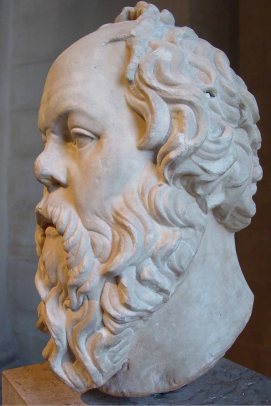In “Bringing Philosophy to Life,” Nakul Krishna reflects on his introduction to philosophy by way of reading Bernard Williams. Along the way, there are many interesting points about ethics in general, utilitarianism in particular, other areas of philosophy, and what attracts people to philosophy at all. Williams brought “depth” to philosophy.
Williams never disdained rational argument, but he never thought it was enough by itself: “Analytic argument, the philosopher’s specialty, can certainly play a part in sharpening perception. But the aim is to sharpen perception, to make one more acutely and honestly aware of what one is saying, thinking and feeling.” Unhedged with cautious qualifications, his work goads you to distinguish what you actually think from what you think that you think. If his prose, compressed and epigrammatic, stands up to rereading today, as analytic philosophy seldom does, it’s because it leaves room for its readers to add something of themselves to it. A reader’s thought, Williams said, “cannot simply be dominated … his work in making something of this writing is also that of making something for himself.” For every reader comes to philosophy with “thoughts of his own, ways of understanding which will make something out of the writing different from anything the writer thought of putting into it. As it used to say on packets of cake mix, he will add his own egg.”
